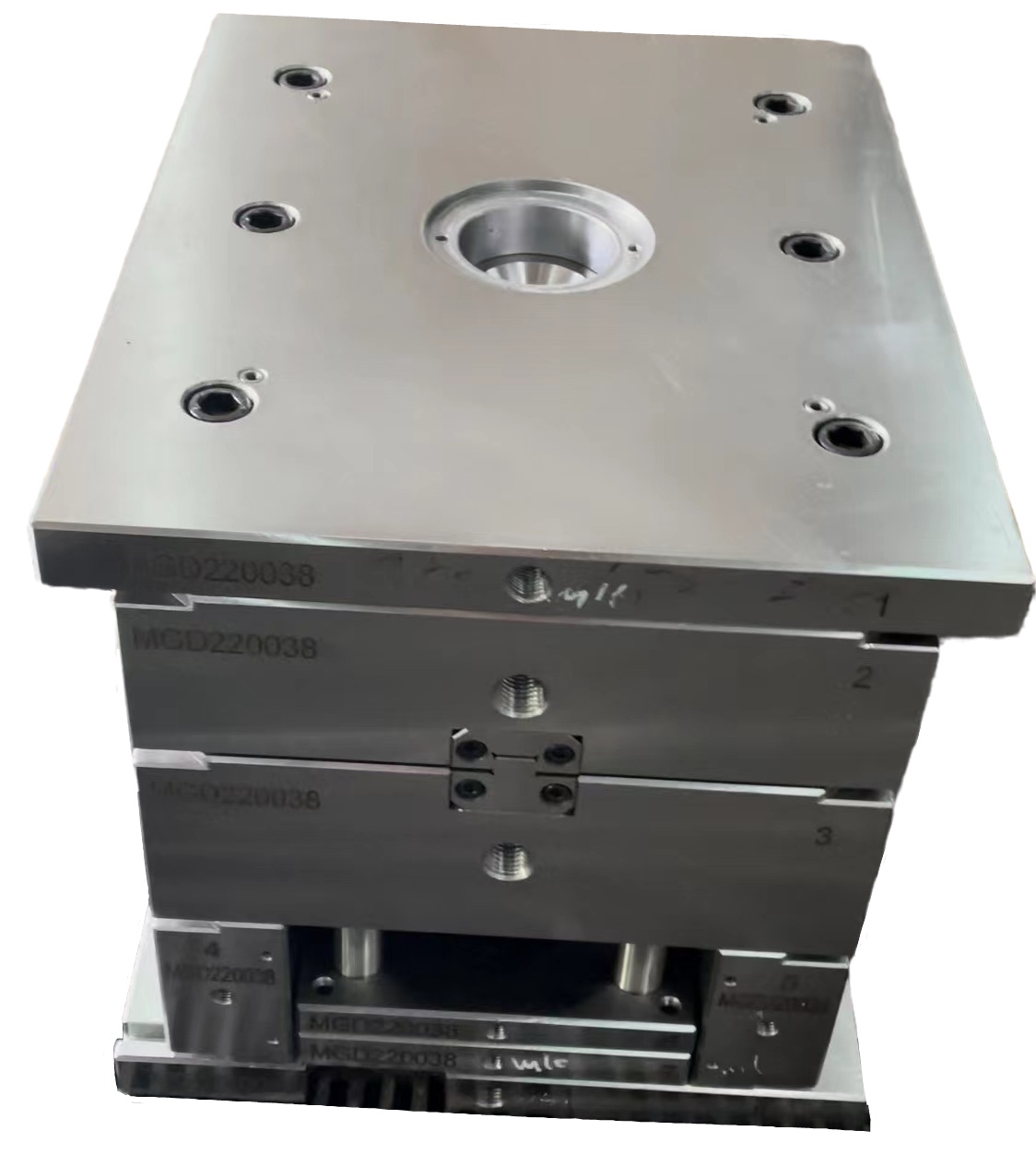Understanding Mold Steel
Mold steel is a specialized material used in the production of molds, which are crucial for various manufacturing processes, particularly in industries such as automotive, electronic, and consumer goods. In Vietnam's manufacturing industry, the choice of mold steel can significantly affect the productivity, cost, and quality of the end products.
When selecting mold steel, manufacturers must consider several factors including hardness, durability, and resistance to wear and corrosion. These properties ensure that the molds are capable of producing high-quality products while maintaining longevity.
Types of Mold Steel Used in Vietnam
Different types of mold steels are available in the market, each serving distinct purposes. Some of the most commonly used types in Vietnam include:
- P20: Known for its ease of machining and high-impact strength, this mold steel is widely used for plastic injection molds.
- S7: This is a versatile tool steel known for its toughness. It is often used for molds that require excellent resistance to mechanical shock.
- H13: This hot-work tool steel is renowned for its ability to withstand high temperatures. It is particularly beneficial for die-casting applications.
- 420SS: Stainless steel used in molds where corrosion resistance is vital, especially in food and medical applications.
Factors Influencing the Selection of Mold Steel
Several key factors influence the selection of mold steel for manufacturers in Vietnam:
- Application Requirements: Different applications have unique mold requirements, which dictate the type of mold steel to be used.
- Cost-Effectiveness: Manufacturers must balance costs with the desired quality and longevity of the molds.
- Local Availability: The availability of specific mold steels in the Vietnamese market can impact choice.
- Technological Advancements: New technologies in steel production can lead to better-performing materials.
Benefits of Using Quality Mold Steel
Investing in high-quality mold steel can yield numerous benefits, including:
- Enhanced Mold Durability: Quality steels have superior wear resistance, resulting in longer-lasting molds.
- Improved Product Quality: High-quality molds translate to better finishes and tolerances, ultimately improving the end products.
- Reduced Production Costs: Though initially more expensive, durable mold steel reduces the need for frequent replacements, thus lowering overall production costs.
Challenges in Mold Steel Procurement in Vietnam
Despite the advantages, there are challenges in procuring mold steel in Vietnam:
- Supply Chain Issues: Fluctuations in international steel prices and supply disruptions can affect availability.
- Quality Assurance: Ensuring consistency in quality can be challenging, especially when sourcing from multiple suppliers.
- Technological Gap: Some manufacturers may lack the technical expertise required for optimal mold design and steel selection.
Conclusion
In conclusion, mold steel plays a pivotal role in Vietnam's manufacturing industry. Understanding the types of mold steel, factors influencing their selection, and the benefits of high-quality materials can significantly enhance operational efficiency and product quality. While challenges like supply chain issues and quality assurance exist, with informed choices and strategic partnerships, manufacturers can navigate these hurdles effectively.
Frequently Asked Questions (FAQ)
1. What is mold steel used for?
Mold steel is primarily used to create molds for various manufacturing processes, such as plastic injection molding, die casting, and stamping.
2. How do I choose the right mold steel for my needs?
Consider the requirements of your specific application, including the type of product, production volume, and desired mold characteristics such as hardness and corrosion resistance.
3. Are there any local suppliers for mold steel in Vietnam?
Yes, many local suppliers provide various grades of mold steel. It is essential to research and select reputable suppliers who ensure quality and consistency.
4. How does the quality of mold steel affect production?
The quality of mold steel directly impacts the durability of molds, the quality of finished products, and overall production efficiency.
5. What are the common challenges in using mold steel?
Common challenges include supply chain disruptions, quality variability, and the need for appropriate technical expertise in mold design.

